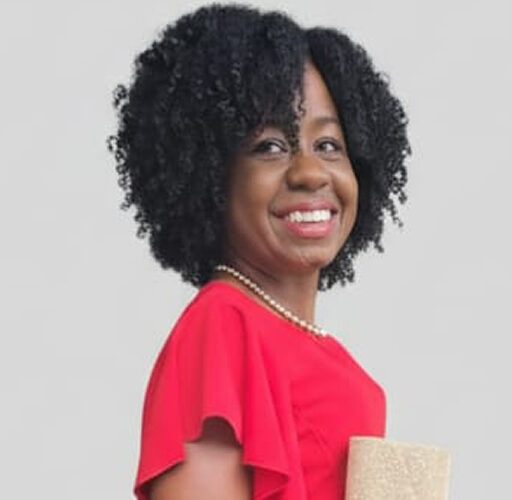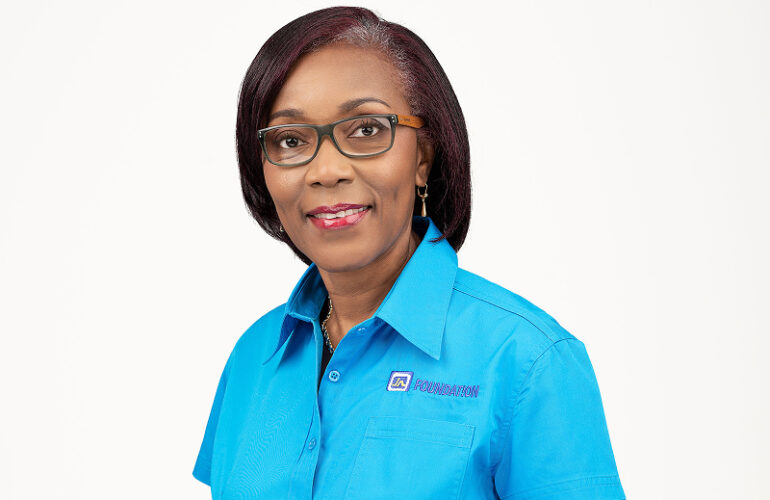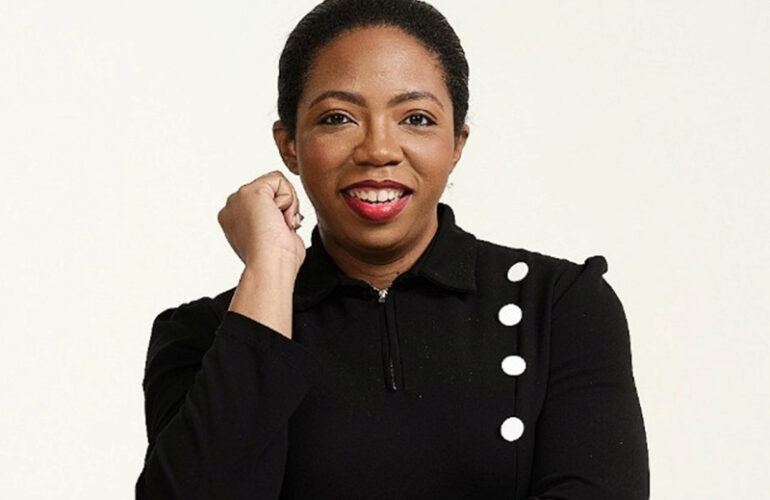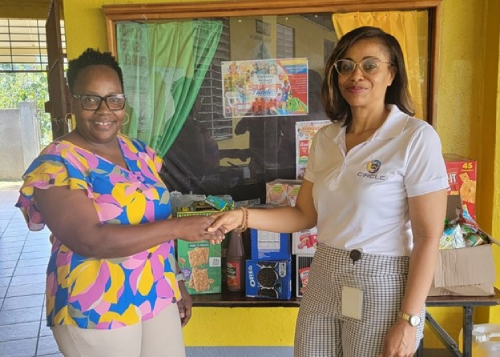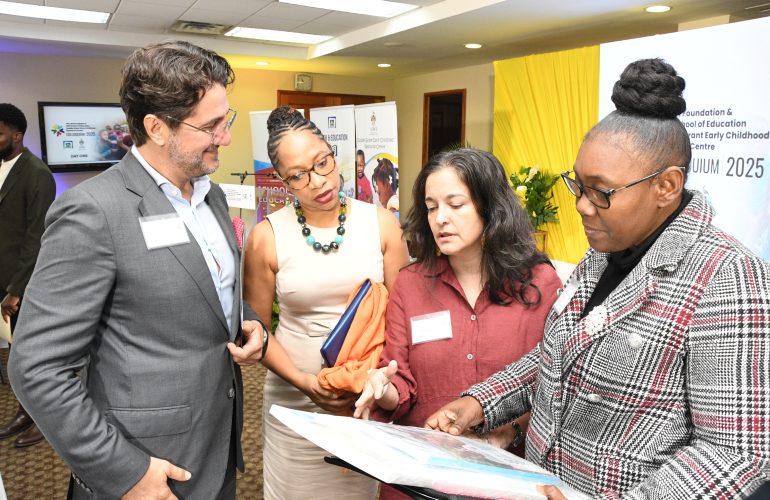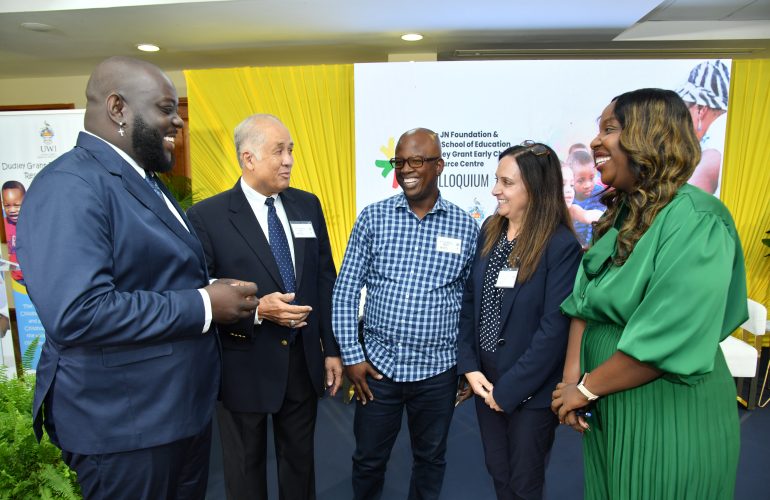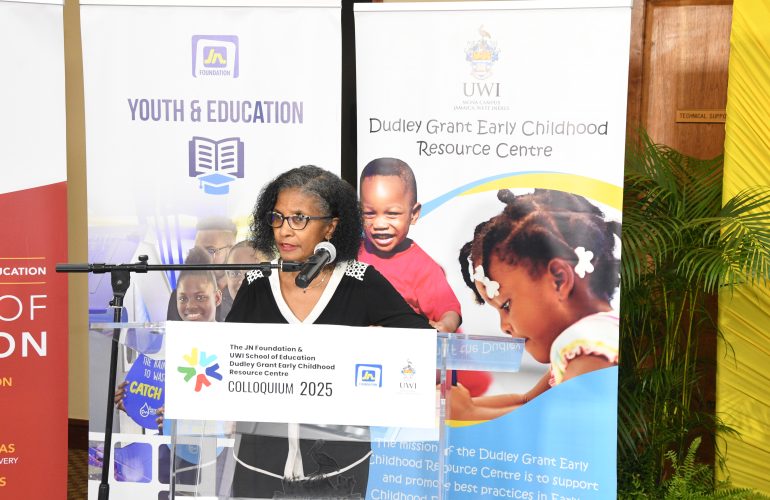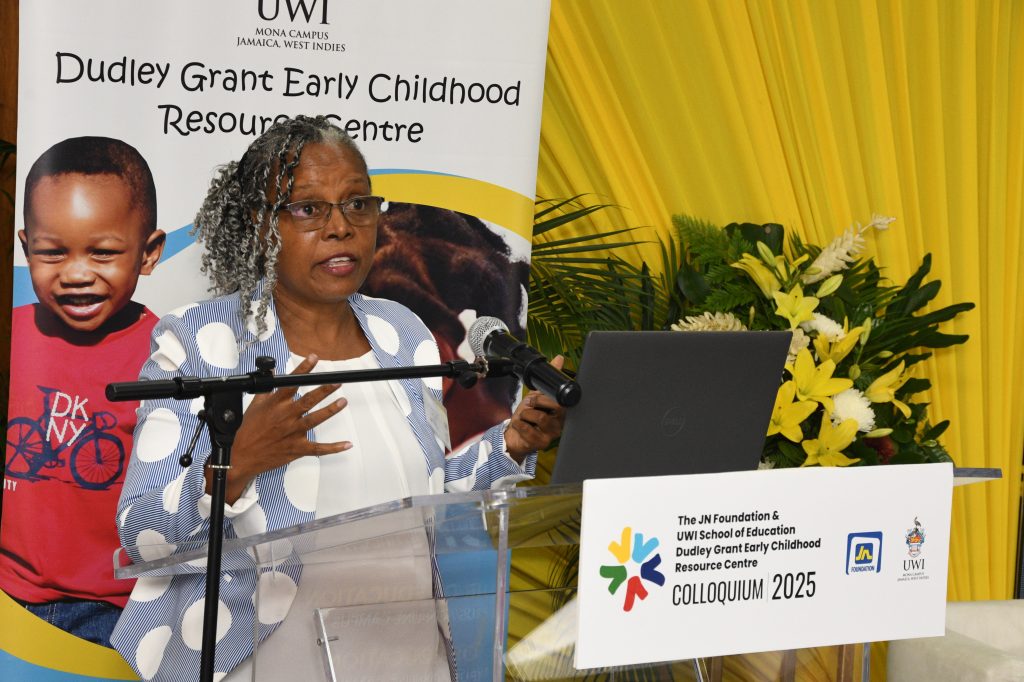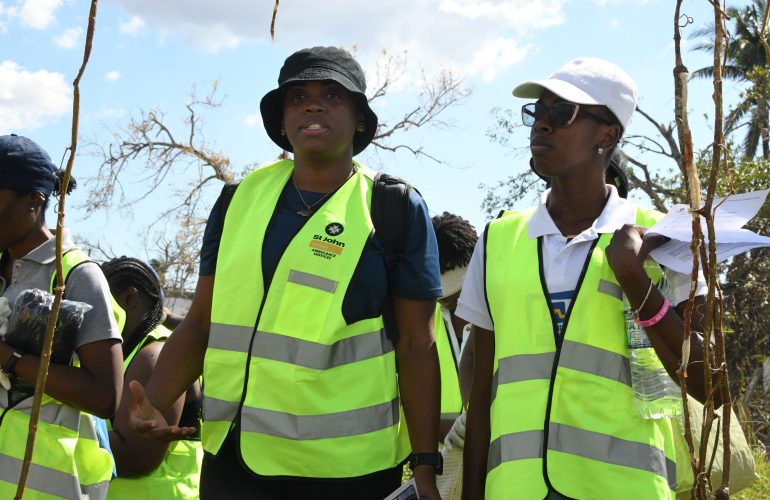Accountant Gains Fresh Perspective from JN Financial Academy’s Smarter Credit Course
Even with years of experience in finance, Senior Accountant, Sherry-Lee McLean, says enrolling in the JN Financial Academy’s Smarter Credit Course offered fresh insight and practical lessons that have further strengthened how she approaches money management.
Working in the financial services industry, she explained that her decision to enroll was driven by professional curiosity. After seeing information about the course through the JN Group E-newsletter, she decided it was an opportunity worth exploring.
“I just wanted to see what the course was about and if there was anything that I needed to know, just for knowledge’s sake,” she said.
Despite her background, the course proved to be insightful and informative. She pointed to debt management strategies as one of the areas where she gained new understanding.
“I knew about debt consolidation as a way of paying off loans, but I didn’t know about the snowball and the avalanche methods,” she shared, noting that the course helped her to clearly understand terminology and concepts she had previously encountered informally.
The interactive elements also stood out, particularly those focused on budgeting.
“I used to record my expenses, but I wouldn’t normally do a budget, per se,” she said. “The budgeting activity was very informative. I found the course educational and, most importantly, helpful.”
She added that the course offered practical, real-life lessons that many people often overlook. One example was guidance on preparing for annual expenses such as motor vehicle insurance payments by setting aside small amounts each month.
“A lot of us don’t think that way,” she said. “But by budgeting for these expenses monthly, you will ensure that you actually have the money when the payment becomes due.”
According to her, the design of the Smarter Credit Course makes it accessible to everyone, regardless of their level of financial knowledge.
“It’s easy to navigate, the material is clear, and the presenters break things down in a way that even someone with no background in finance can understand,” she said. “It’s for anybody, and there’s always something new to learn.”
Rose Miller, financial education consultant at the JN Foundation, underscored the importance of financial education in empowering individuals to make better decisions.
“The Smarter Credit Course is designed to help Jamaicans at every stage of their financial journey build confidence in how they understand and manage money and credit ,” she related. “By improving financial literacy, participants are better equipped to avoid common pitfalls, reduce debt stress, and plan more effectively for the future.”
The course consists of a self-paced portion, complimented by a series of webinars. The next webinar will take place on February 25.
Members of the public are invited to enroll in the Smarter Credit Course by registering on the JN Financial Academy’s website at jnfinancialacademy.com.
The JN Financial Academy is administered by the JN Foundation.
For this senior accountant, the experience reinforced a simple truth: there is always something new to learn and the area of finance is no exception, even for financial professionals. And this learning can lead to smarter choices and greater financial well-being.

